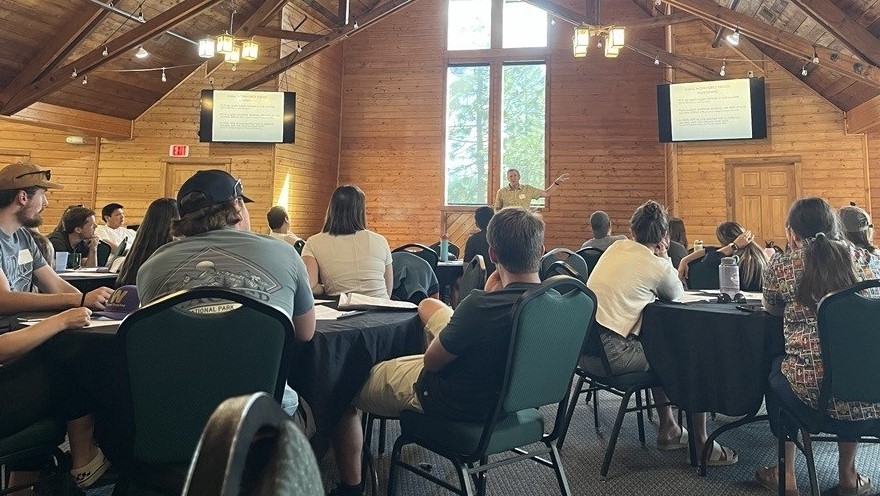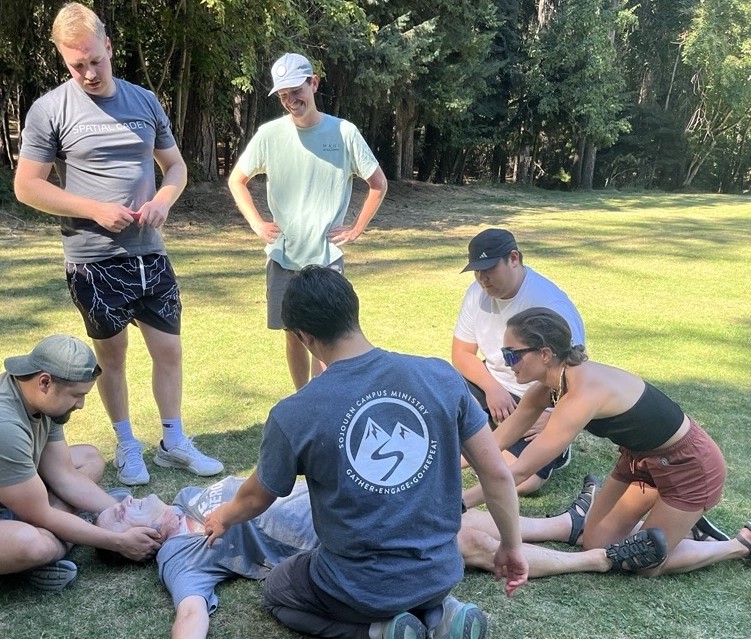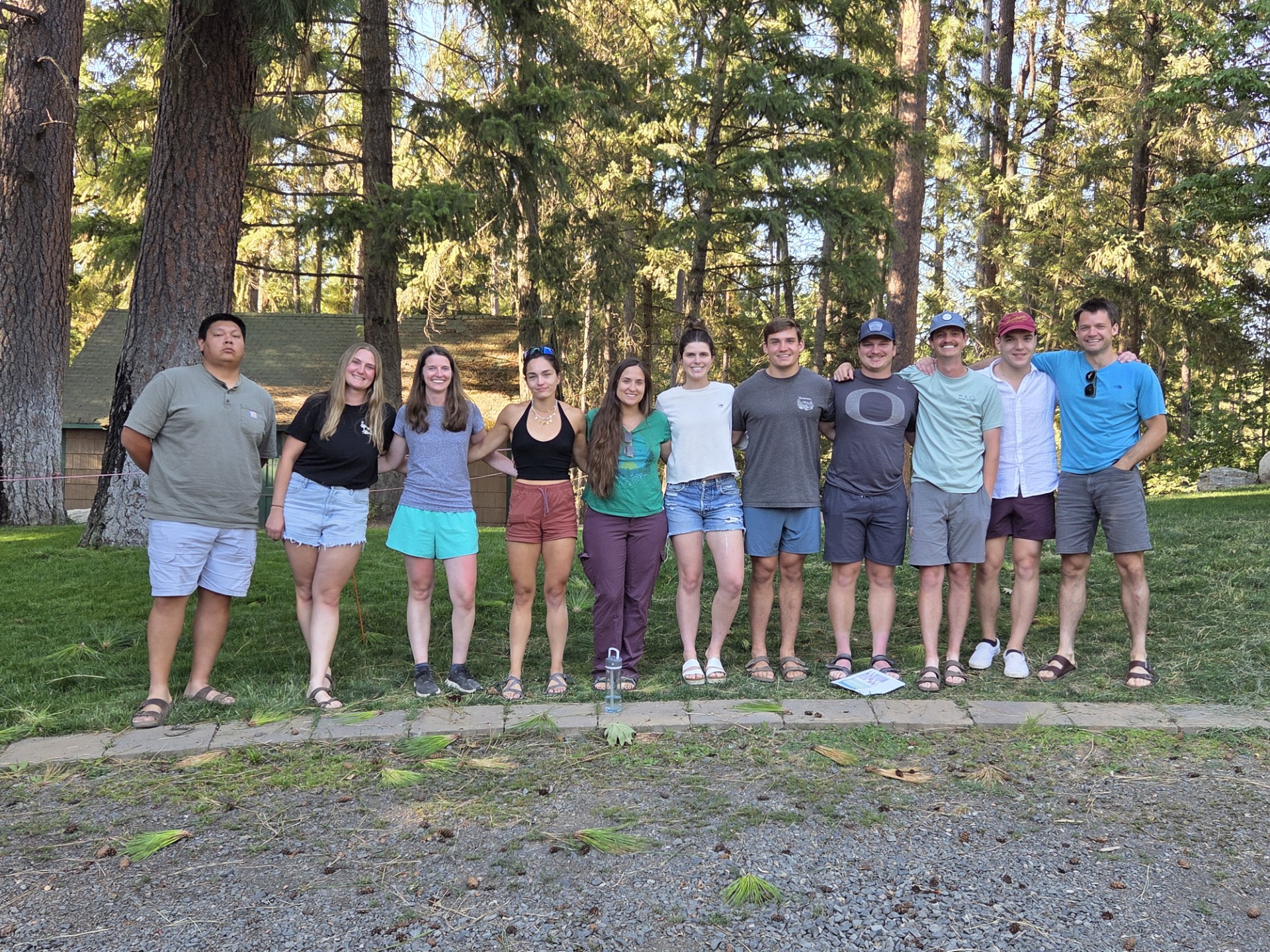 Montana WWAMI students joined peers from across the region in Coeur d’Alene, ID, last month for the annual WWAMI TRUST (Targeted Rural Underserved Track) Leadership Retreat. The gathering is 2 ½ days of sessions designed to challenge TRUST scholars to strengthen their skills as future rural physicians.
Montana WWAMI students joined peers from across the region in Coeur d’Alene, ID, last month for the annual WWAMI TRUST (Targeted Rural Underserved Track) Leadership Retreat. The gathering is 2 ½ days of sessions designed to challenge TRUST scholars to strengthen their skills as future rural physicians.
A central highlight of the retreat was the session: Future Role of a Rural Generalist, led by Montana WWAMI Assistant Clinical Dean Jay Erickson, MD. Dr. Erickson explained that a rural generalist is a physician trained to do a bit of everything in order to meet the diverse health care needs of smaller communities. Instead of focusing on a single specialty, rural generalists provide primary care, emergency medicine, obstetrics, mental health care, and in some cases, advanced procedures — all while serving as trusted leaders in their communities.
Dr. Erickson outlined why this model of care is vital for states like Montana. Rural generalists not only provide high-quality, cost-effective care, but they also help address physician shortages in underserved areas. His presentation highlighted several trends shaping the need for rural generalists, including the decline of rural surgeons and maternity services nationwide, and the fact that the physician supply often doesn’t align with population health needs. Dr. Erickson encouraged students to think about their TRUST communities, identify what skills are most needed locally, and consider how their future training could prepare them to fill those gaps.
Other retreat highlights included a hands-on wilderness medicine training led by Idaho WWAMI Assistant Clinical Dean Frank Batcha, MD, where students practiced emergency response scenarios in the outdoors. Scholars also spent time with the Coeur d’Alene Tribe, gaining insight into tribal health systems and the importance of culturally responsive care.
By the end of the weekend, Montana WWAMI students left with new skills, stronger regional connections, and a clearer vision for the critical role they can play in advancing rural and underserved healthcare.
You can learn more about the UW School of Medicine’s TRUST program here.


